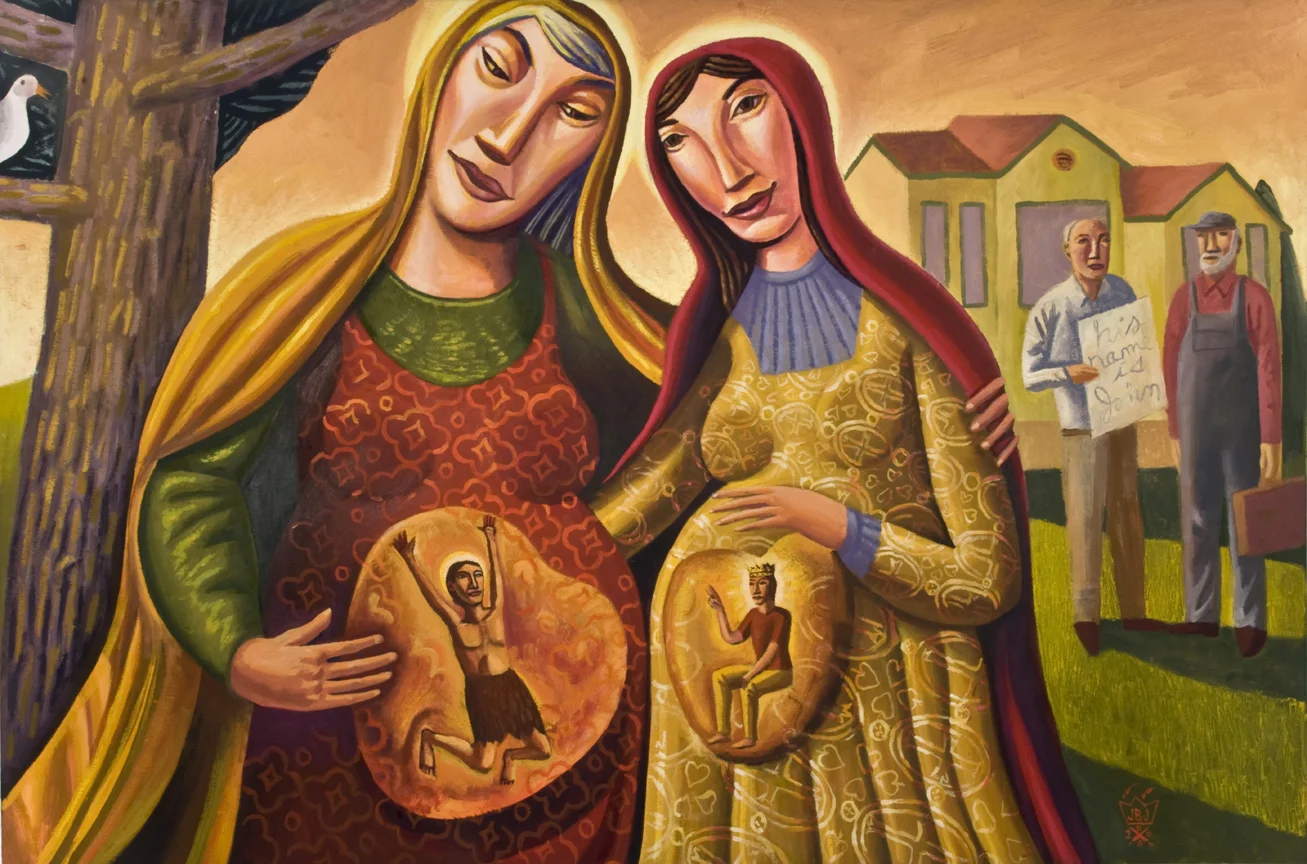This is the season of the Little Apocalypse. The word apocalypse means "unveiling," and for a few weeks at this time of year the readings in many churches revolve around the end times. Even churches that do not use a prescribed reading program often preach sermons on the End Times during this season. Not everyone notices that, but it is purposeful. We end the year with the end in mind, with our eyes on the far horizon. I love that the American holiday of Thanksgiving falls at the end of the Church Calendar. The metaphors are so fitting, and I am a lover of good metaphors. We gather together and share a feast just as we will gather in Heaven around the Wedding Feast. We speak aloud our gratitude for the mercies of the previous year, just as we will be overcome in the Presence of the Beautiful One and shout aloud our gratitude and praise.
And it will be good.
This morning I opened my eyes to a new day and a New Year. It is the first day of Advent. But this day is also a part of the Little Apocalypse. The readings for this day are from Jesus' last discourse:
Jesus said to his disciples: Be watchful! Be alert! You do not know when the time will come. It is like a man traveling abroad. He leaves home and places his servants in charge, each with his own work, and orders the gatekeeper to be on the watch. Watch, therefore; you do not know when the lord of the house is coming, whether in the evening or at midnight, or at cockcrow, or in the morning. May he not come suddenly and find you sleeping. What I say to you, I say to all: "Watch!"
So, we start with the end, with an unveiling. Really, isn't everything an unveiling? God is always opening our eyes, always connecting dots for us. Our lives are filled with endings, that turn out to be beginnings, that turn out to be unveilings. I know (and love) so many people who have struggled this year with endings, truly devasting endings, and I have seen God unveil Himself to them, I have seen the green shoots of beginnings growing through the ashes. This turn of the seasons reminds us to hope.
And speaking of watching and gatekeepers, there was a gatekeeper assigned by blood to keep the watch at the temple gate. He was a righteous man. When it fell to him to burn incense and offer up the prayer for the nation of Israel, he took his job seriously. He entered in and fervently prayed for his people and begged that the Messiah would come. To this prayer he joined his wounded heart. He was childless and he knew the ache of desire for a son. He prayed from his belly, from the very depths of himself. He cried out for them all, "Send us a Child!" I don't know if Zechariah knew he was praying two prayers, one for himself and one for his people, but God answered both of them.
I am fascinated by this Advent-man, this Preparer of the Way. We know from Psalm 50 (among many others) that a man the Bible calls "righteous" has offered his heart to God along with obedience and gratitude. I read through several chapters in First Chronicles to see what Zechariah's duties might have been. Here are some of them: he was to keep watch at the gate, to share duties with his brothers, to burn the incense, to hold the key, to take care of the linens, care for the flour, wine, oil, incense and spices, to mix the spices, bake the bread, and sing day and night. I see many of my daily chores in this sacred list.
What if I who am also called out of my endings to keep watch, what if I also blessed each moment? What if I said Grace, or said a blessing before getting out of bed, before washing the laundry or the dishes, before baking and cooking? What if I sought to make each moment sacred by offering up my thanks and praise throughout the day? What if I sang day and night, the song of longing, the song of the redeemed, a song of sorrow, a song of hope and thanks. Would my heart then be prepared to receive the Gift that is coming? This is my intention this Advent season. I will fail often, but I am overwhelmed with need for the Beautiful One to unveil Himself and make a beginning from my endings, so I look forward to this Advent, following in the steps of Zechariah.




